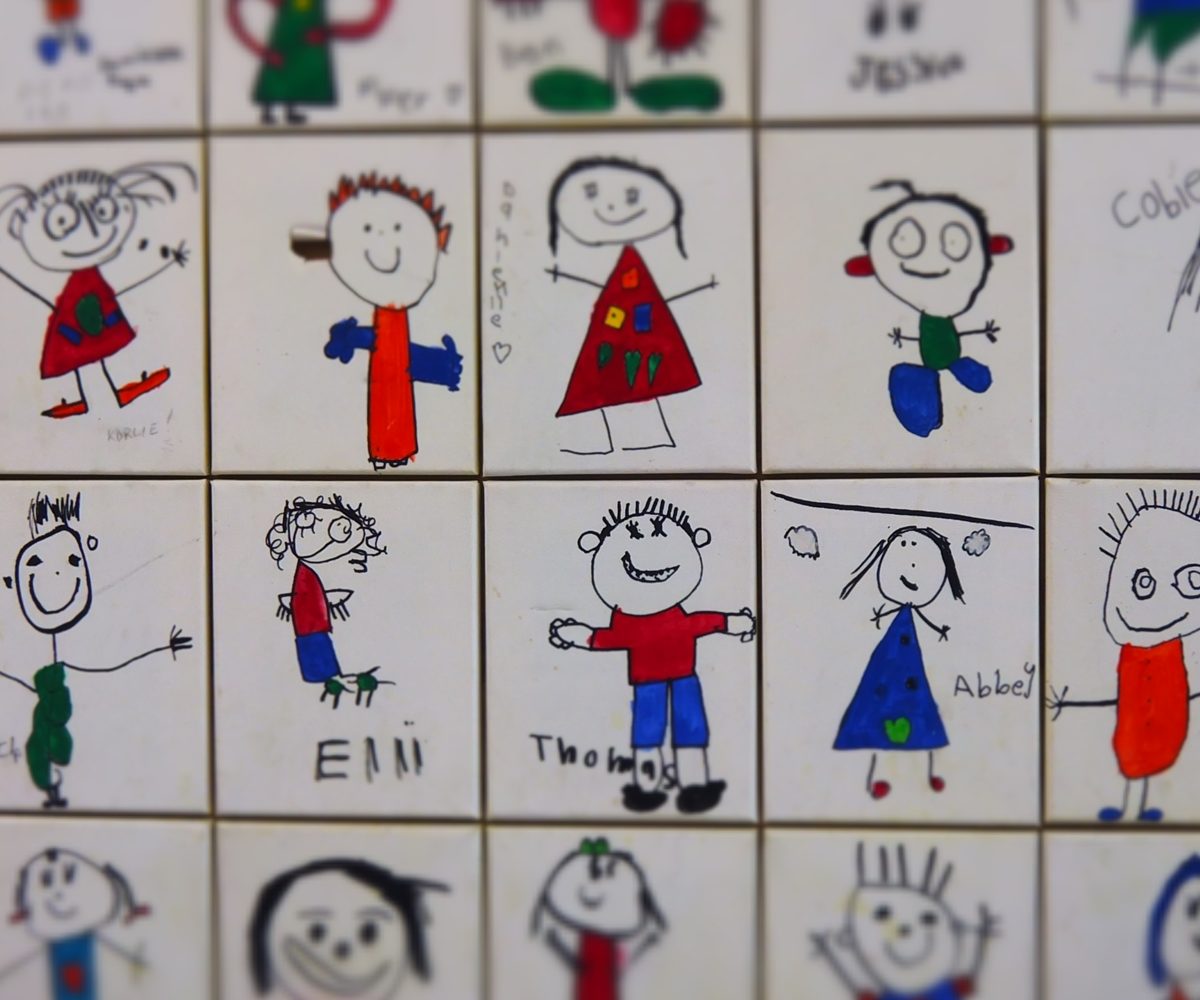Welcome to part two in our series on personality types! Last week we discussed the general appeal of personality tests and delved into the concepts of introversion and extroversio
Welcome to part two in our series on personality types! Last week we discussed the general appeal of personality tests and delved into the concepts of introversion and extroversion (we recommend listening to that episode first if you haven’t already. This week we reveal our Myers-Briggs and Enneagram types (drumroll….) and continue the conversation as it relates to parenting, partner relationships and more.
Myers-Briggs & Enneagram Personality Tests
These are the tests we took, and we’d love you to take them too if you haven’t already! These are the tests and results we discuss in this week’s episode.
After you take the tests, we recommend the full Myers-Briggs type descriptions found here, a more in-depth explanation of the Myers-Briggs letters found here, and the descriptions of the nine Enneagram types found here (scroll to bottom of the page).
LINKS MENTIONED:
- The ENFP’s Guide to Dating Rationals (Heidi Priebe for Thought Catalog)
- Knowing myself, knowing others: my uncomfortable – but revealing – afternoon with the Enneagram(MeaganFrancis.com)
- Megan Tietz and her Sorta Awesome podcast co-hosts LOVE this topic. Check out their shows on Enneagram and Myers-Briggs types
- Our friends Kelsey and Erica of The Girl Next Door podcast helped inspire this show with their Personalities & More Compari episode
- On The Happiness Project Gretchen Rubin defines her four tendencies framework here, and has a fun quiz to determine yours here
- Meagan’s articles at QuietRev.com, and Susan Cain’s book Quiet: The Power of Introverts in a World That Can’t Stop Talking
MORE HELPFUL LINKS:
- Visit our website
- Check out deals from our partners
- Follow us on Instagram
- Join our private listener group on Facebook (be sure to answer the membership questions!)
- Sign up for our newsletter



Meagan, I’m a Campaigning 2 myself. Hearing you talk about yourself was like the voices in my head! These 2 tests are going to help my therapy along quite a bit!!
I have totally had different answers to various Myers-Briggs type tests too!! I am (most recently in 16 personalities), an ESFJ. However, I have been an ESFJ, ENFJ, ENSJ and INFJ…I have been told it’s because I have a very “balanced personality” and so, depending on my mood and life circumstances when I take the test, my answers veer ever so slightly and because I’m pretty balanced in some departments (ie. Between sensing and intuition), it doesn’t take many slightly changed answers (depending on my mood etc) to change me from one to the other.
Katrina I’m so glad to hear it’s not just me! 🙂
Sarah, like you, I waver with in the I–J Honestly, I think motherhood has made me more sensing/feeling than I used to be. It doesn’t come naturally- but I find myself responding to situations differently now that I have had the experience of raising children.
When I took the test today it said ISFJ but a few months ago I was ISTJ so I was listening to Sarah’s dilemma saying “Yes yes EXACTLY!” I think I wobble on feeling vs thinking because I think through things and KNOW how I feel/believe but I am very careful about not offending others and “agreeing to disagree” instead of pushing my opinion. So maybe I’m just non-confrontational and it comes across as caring? And I DO care sometimes but others times I’m rolling my eyes on the inside and keeping my mouth shut. LOL
I was also a 1 on the Enneagram but with 9 wing.
I’m late to the game on commenting as I’m just making my way through the past podcasts but having taken many of these tests through the years and even administering the DISC test (you should try it too! It’s used a lot by HR departments as its not licensed like Myers Briggs and is testing more how you exhibit your personality to others then how you internalize things like Myers Briggs). I just wanted to add that if you find results varying it can be because you think/act differently to different people and environments. When I’d administer DISC to staff I was always clear that they should think of their response as it would relate to their work life. Also when major things happen in your life things will change. I had coworkers that saw shifts when promote to managers or went through something like a divorce.
I also wanted to recommend reading up on the Five Love Languages books if you enjoy the personality profiles. I think it was one of the most useful ones I’ve done as it helps you identify your preferred way of showing and recieving ‘love’ and acceptance. The author wrote one about kids love languages as well. It’s nice to know yours but I found it even better to understand what motivated my husband when we would but heads about things. I need to reread them now that my children are getting older as I think their types will be interesting.